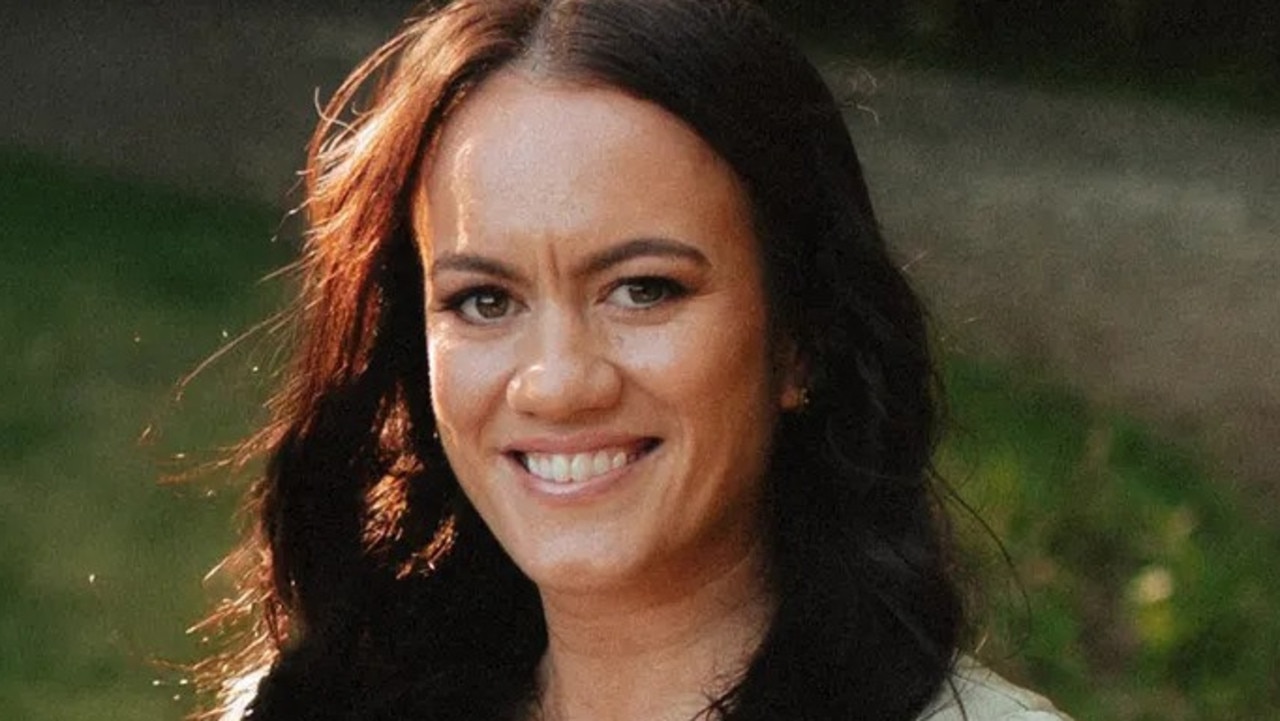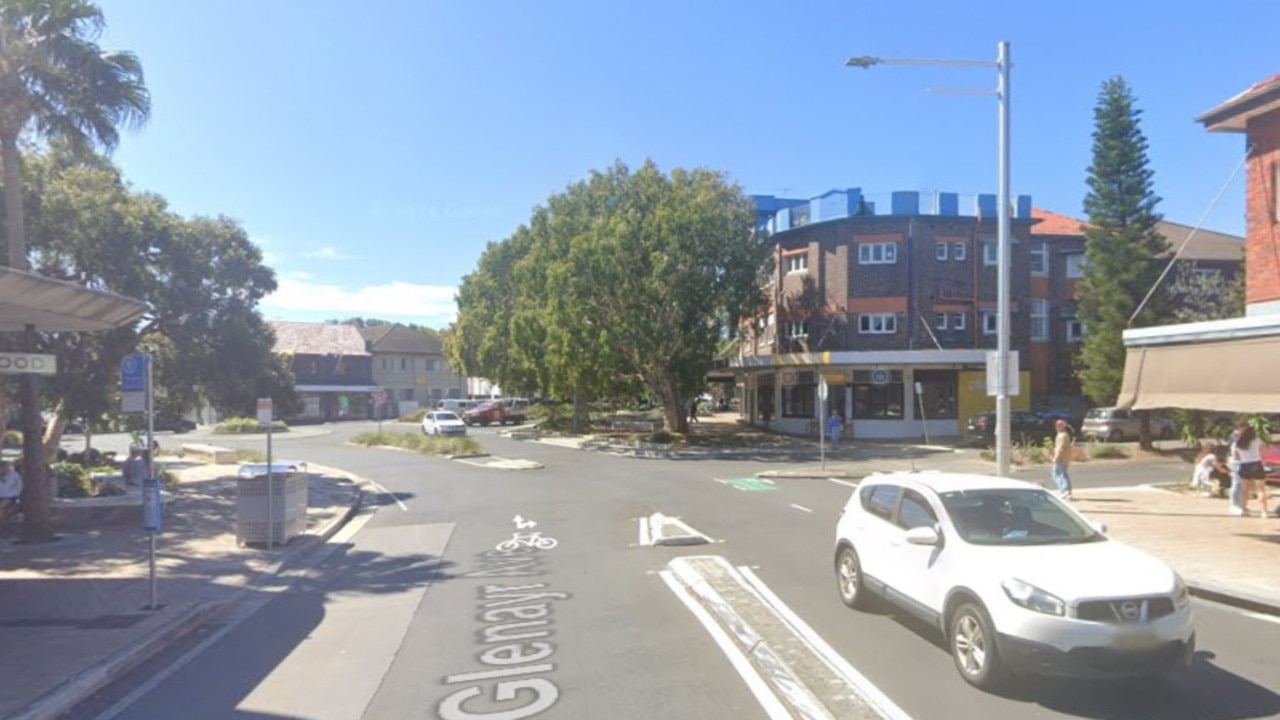Teenage risk-taking at heart of Tiffany Taylor’s double life
THE case of a missing 16-year-old in Queensland has provided new insight into the risk-taking behaviour of teenagers.
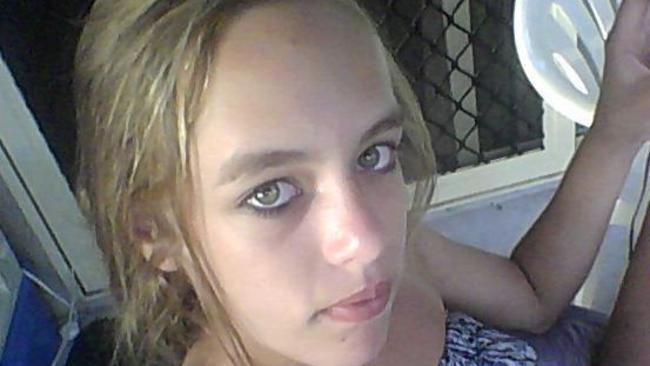
IN HER online photos Tiffany Taylor looks like any other beautiful young woman, smiling candidly into the camera, and showing her support for gay marriage with a rainbow-tinted image.
But we may never know what happened to the troubled 16-year-old, whose family has described her as a “lovely little girl, a good girl”, who would talk to anyone.
Tiffany has been missing for over a month and the last time she was seen alive was when she left the motel room she shared with her boyfriend, and got into a car belonging to 60-year-old Rodney Wayne Williams.
Police believe she was using an online dating site and had allegedly set up a meeting with Williams. An online profile that has reportedly been linked to Williams said “I have been told I have a magic tongue”.
Police believe Tiffany, who was believed to be pregnant, was using online sites to sell sexual services before she disappeared. They have since charged Williams with her murder.
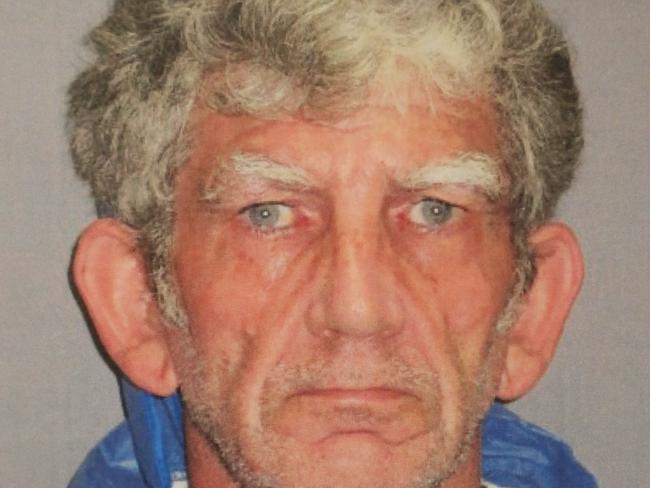
Despite extensive searches, police have not been able to find Tiffany’s body.
Meanwhile her Facebook page, which was created using the name Gwenyth Taylor, remains testament to her double life online.
At the time of her disappearance, Tiffany was living at Waterford West hotel, south of Brisbane, with her boyfriend. He didn’t know she was going out to meet men. He said he thought she was meeting her uncle for coffee and getting money from him.
Tiffany’s sister Chloe said it was out of character for Tiffany to sell sexual services online and she must have resorted to it to support her family. The teenager was believed to be five months pregnant.
“She’d talk to anybody — just a young girl after a bit of attention from the wrong people, I think,” Chloe said on Friday as she sat beside her tearful mother, Leanne.
Despite being just 16 years old, Tiffany could have passed for an older woman. She was likely just 12 years old when she left home.
While some would be shocked at her age, adolescent psychologist Michael Carr-Gregg said age did not define maturity and what people used to associate with 12-year-old behaviour could now be quite different.
“Children are now more physically mature so they can get away with a lot more,” he said.
Those aged 12 to 14 also presented unique challenges because, despite not being psychologically mature, they were more able to challenge their parents’ authority.
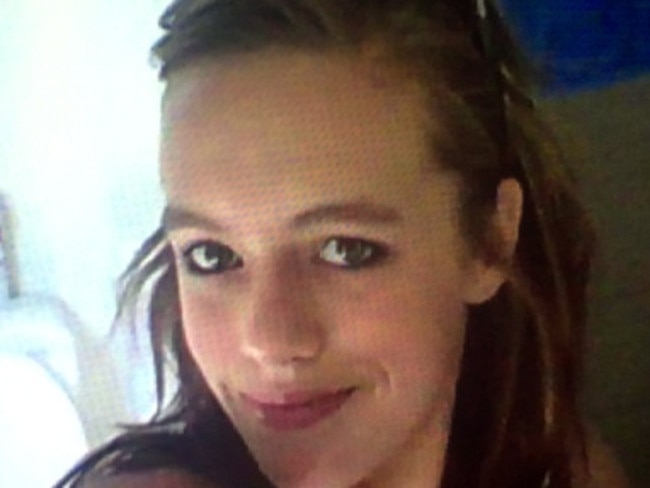
“It’s much easier with younger children because parents have more control and autonomy whereas the older ones say things like, ‘I know my rights’, they are able to articulate better and use existing support agencies set up to support young people,” he said.
While Tiffany’s behaviour was on the extreme end of the scale, Dr Carr-Gregg said risk-taking could partly be explained by brain neurology.
“The brain is not fully developed until 23 and until then [teenagers] are extremely susceptible to peer pressure and an overwhelming desire to be accepted. They are more likely to take risks and want to emancipate from mum and dad,” Dr Carr-Gregg said.
“When we look at Tiffany’s story, that explains virtually everything.”
While Dr Carr-Gregg did not have personal insight into Tiffany’s case, he said extreme behaviour, such as Tiffany’s, could be motivated by a desire to be loved, for affection or recognition. Another common motivator for risky behaviour was the need for money to pay for drugs.
“Obviously it’s not a functional way to get these things but this was a way all her needs could be met,” he said.
But Dr Carr-Gregg said risk-taking behaviour during the teenage years could be managed with supervision and monitoring.
“The key is to know their [child’s] individual personality and psychology and parent accordingly. I have two boys and one of them is more risk averse, so they require different levels of supervision,” he said
He said one tactic was to channel children’s energy into activities such as art, music, drama and sport because “while kids are doing one thing they can’t be doing another”.
Unfortunately, he said agencies set up to support young people were massively underfunded and were in desperate need of an overhaul. These services are provided by states and can vary widely, but Dr Carr-Gregg said there was a need for improvements across the board.
“Staff need to be trained properly and provided decent support once they are in the role,” Dr Carr-Gregg said. “My understanding is that this is not happening at the moment.
“There have been multiple occasions when clients have run away and have not been able to be cared for properly because staffing is inexperienced and inadequate.”
Police are expected to continue the search for Tiffany after unsuccessfully scouring bushland next to Brisbane Valley Highway, northwest of Ipswich, for the teenager last weekend.
Police on horseback were involved in the search near Brisbane Valley Highway and Lovers Lane, with Detective Senior Sergeant Tony Bristow describing the terrain as extremely difficult to navigate.
“The terrain is quite thick bushland. There are some pastoral areas, however there are pockets of this which is extremely thick lantana and various water courses,” he said.
Tiffany has not been seen since allegedly meeting up with Williams on July 12.
“Williams has provided a number of versions to police, which we are still investigating,” Snr Sgt Bristow told reporters.
Police would like to speak with anyone who may have seen a champagne-coloured 1995 Hyundai Excel sedan seen at Logistics Place in Larapinta, south of Brisbane, about noon on July 12, the day that Tiffany disappeared.
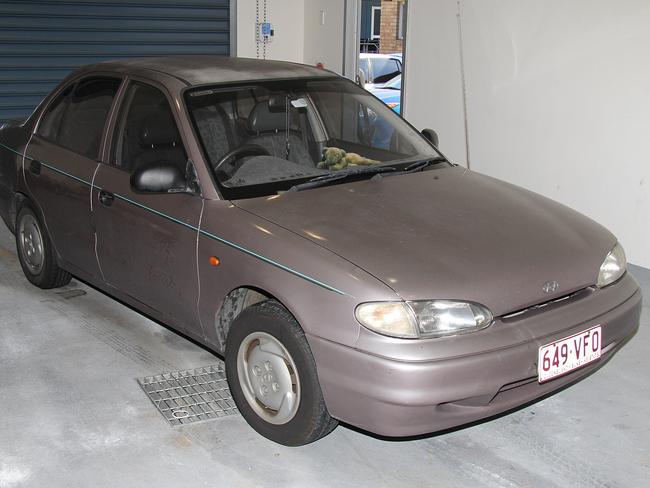
Detectives believe the car later travelled along Brisbane Valley Highway, between Warrego Highway and Fernvale.
Tiffany’s white Samsung smartphone has not been recovered and police believe it was dumped around the suburbs of Bundamba and Riverview.
Police would also like to speak with anyone who may have met with or had any interaction with Tiffany through dating websites or who know anyone else who may have been in contact with her.
If anyone has any information they believe may be able to help police with this investigation, phone Crime Stoppers on 1800 333 000 or go to the website.

